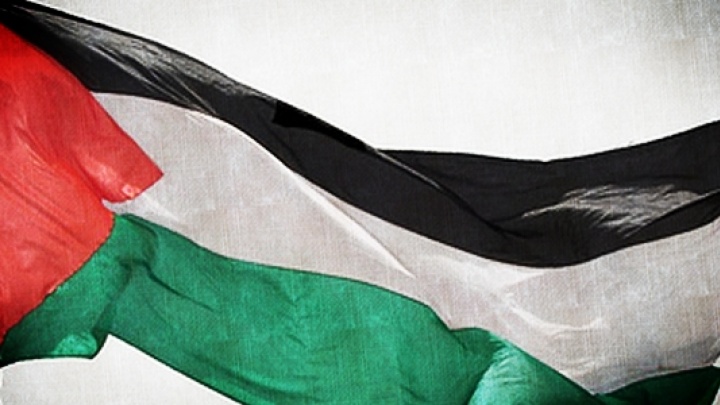The Palestinian people have been waiting for decades for the materialization of their lawful and inalienable right to an independent, sovereign and viable State. Since 1947, with Resolution 181, the United Nations General Assembly established the principle of the existence of two States – Palestine and Israel. This principle has been reaffirmed in several resolutions of United Nations bodies over the course of the more than six decades that have since elapsed. The International Court of Justice also decided on the Palestinian issue, as was the case of the pronouncement, in 2004, on the wall of separation that Israel continues not to comply.
In 1988 the PLO - Palestinian Liberation Organisation – declared the establishment of the Palestinian State, in accordance with the pre-1967 borders, as recognised by the United Nations resolutions. Later on, in 1993, the Oslo agreements and subsequent Resolutions 242 and 338 by the Security Council, revived the hope of achieving the just aspirations of the Palestinian people to the actual establishment of their State.
But despite the clear determination in light of the United Nations Charter, reflected in the several decisions on this matter, for the creation of the Palestinian State, the situation in the territory is quite different. In effect, throughout the last decades, Israel’s political, economic and military intervention, supported namely by successive United States Administrations, tried to derail and prevent its real existence, subjecting the Palestinian people to various types of violence and oppression, that continue to this today.
Numerous military actions with thousands of victims, the continued building of settlements (that doubled since the Oslo agreements), as well as the de facto occupation of the Palestinian territory, the limitation of access to natural resources and to economic activities, the destruction of infrasctures and equipments, the curtailing of the population’s mobility, the blockade of the Gaza Strip, the construction of the already referred wall of separation, among many other actions, try in fact to derail the existence of a free, independent and viable Palestinian State and are responsible for the dramatic survival conditions to which the Palestinian populations have been subjected to during these years.
The movement for the recognition of the Palestinian State progresses remarkably at the international level. More than 100 countries have already recognised the Palestinian State and its lawful aspiration to be a full member of the United Nations. This issue will be appreciated in September 2011, by the Security Council and General Assembly of the United Nations.
Portugal will be present in both bodies, since it presently holds the mandate of a non-permanent member of the Security Council. And so it has to take a stand regarding this important issue, whose importance is not merely symbolic or of legitimacy in terms of international law, but of real political importance for the de facto materialisation of such an old aspiration of the Palestinian people.
In its article 7, the Portuguese Constitution establishes that in its international relations the Portuguese State is guided, among others, by the principles of respect for the rights of the peoples, namely those of self-determination, independence and development. The application of these principles to the Palestinian issue requires that Portugal, both in the Security Council and the General Assembly of the United Nations, should pronounce on the recognition of the Palestinian State as a full member of that Organisation.
In this context and the applicable procedural and constitutional rules, the Assembly of the Republic recommends the government to:
1- Recognise the Palestinian State, within the pre-1967 borders including East Jerusalem, as a full member of the United Nations.
2- Assume this position in the Security Council and General Assembly of the United Nations.
3- Conduct its action in the field of international relations for the effective materialisation of an independent and viable Palestinian State.
September 14, 2011
